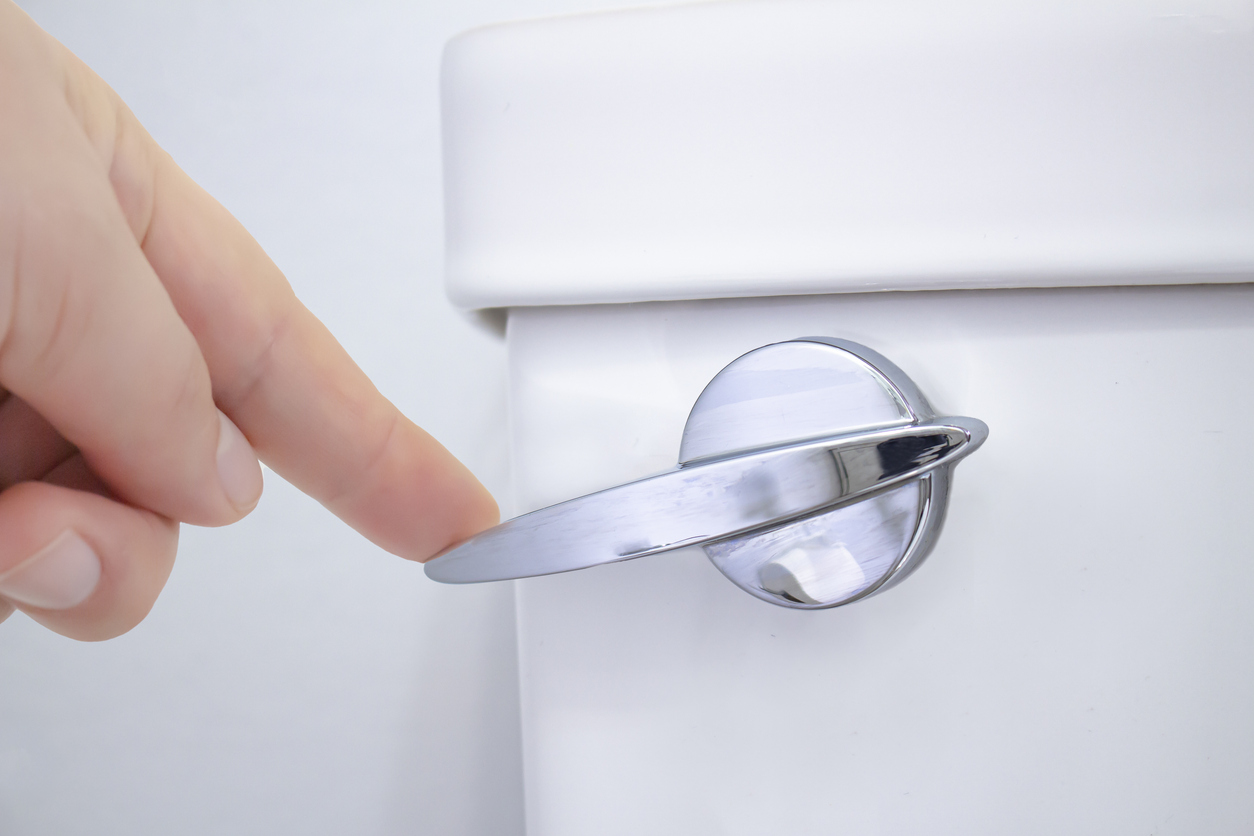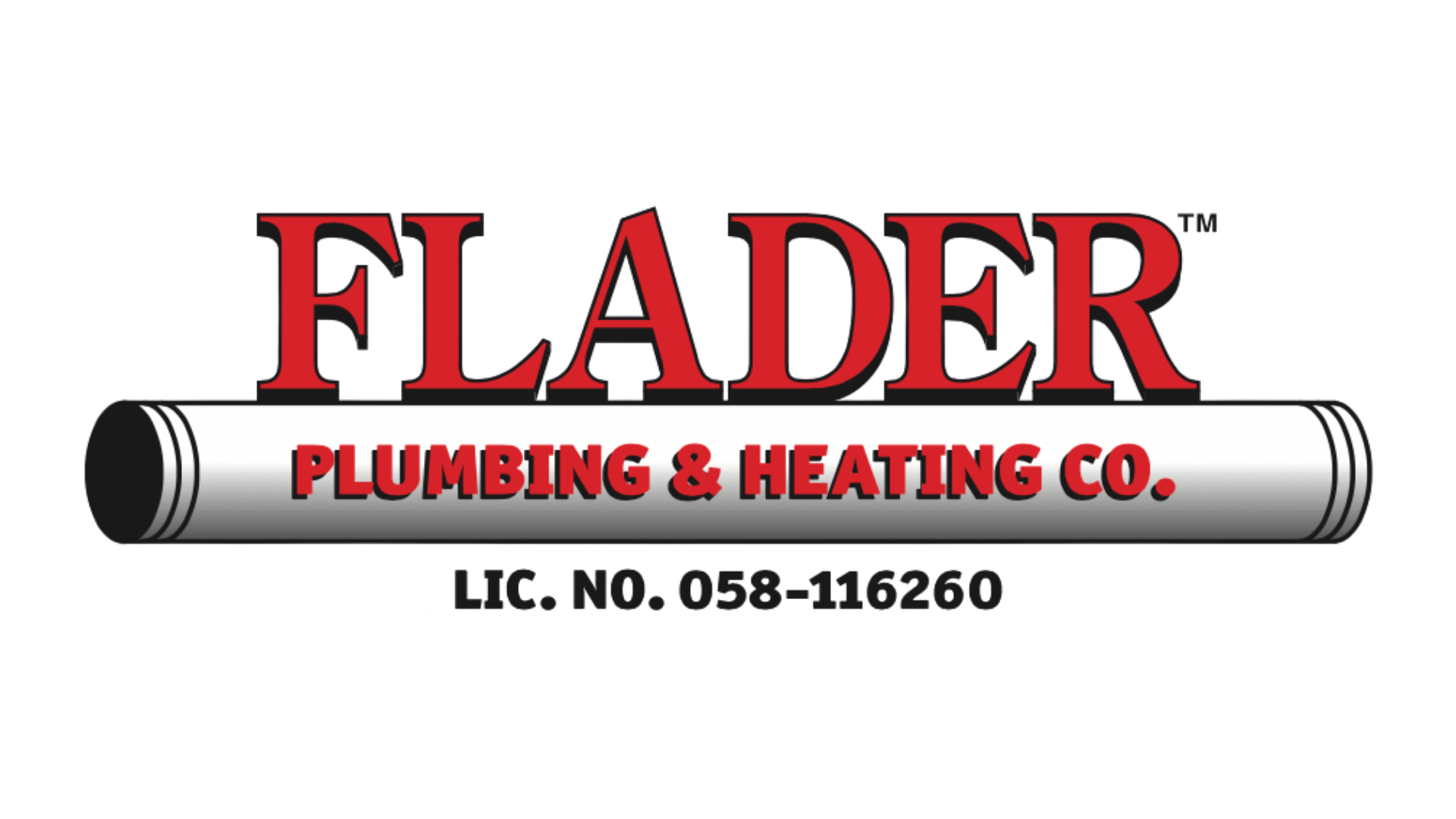
It’s late on a Sunday night, and you are now physically and mentally prepared for the week ahead. Your head hits the pillow and you’re falling into peaceful slumber. Then, your partner flushes the toilet on their way to bed, and you hear a strange gurgling sound. Now, fully awakened, you realize it’s a noisy water pipe.
This annoying glug-glug-glug sound might seem more like an annoyance than a major problem, yet it indicates you have a type of blockage in your pipes.
To fully understand what’s causing these weird noises in your pipes, it’s helpful to have a fundamental understanding of what’s occurring behind your walls and below your property.
Though the layout and components will vary according to your location, a basic residential plumbing system contains the following:
- A service line is located beneath your property. This line extends from your home to your city’s main sewer line. It passes through a water meter and valve, which measures your usage and tells the utility company how much to charge you for water consumption.
- A sanitary sewer line is also located beneath your property, often deeper than your water line. All the drains in your home connect to this line, which is joined to the main city sewer.
- Your hot water heater – whether a conventional, tankless, or hybrid unit –has cold water entering this system and is subsequently heated for use in various areas of your home.
- A P-trap is a U-shaped pipe segment often placed at the beginning of a drain. Its curved shape allows objects accidentally falling down your sink to be retrieved. It also prevents wastewater odors from filtering into your home’s interior.
- Your appliances and fixtures – such as showers, tubs, washing machines, dishwashers, and toilets – have pipes allowing hot and cold water to enter these units, as well as permitting used water to leave your property and enter the main sewer line.
Possible Causes of Irritating Gurgling, Crackling, Banging Noises
The most common causes of pipes making noise when water is turned on, toilets are flushed, and/or water is drained include clogs, pressure issues, air in pipes, and loose components.
Clogged Pipes
The common gurgling or sucking noises are generally the result of clogs. While a clog may seem like a minor annoyance at first, it can develop into larger problems. It can cause dirty water to back up into your sinks, shower, or bathtub when you’re flushing a toilet or operating your dishwasher.
Clogs can also build up pressure in your drainpipes that lead to leaks, and they occur for several reasons including:
- Grease: You may be surprised how the smallest quantities of fats and oils – such as those you cook with and even those you cleanse with such as fats in bar soaps – can build up in your pipes over time and lead to a clog. Unfortunately, they do not all dissipate no matter how much hot water you run down the drain.
- Food Debris: Mushy, soggy food on the bottom of your sink is gross to look at, and the last thing you want to do is touch it. But, by rinsing it down the drain rather than scooping it up and throwing it in the trash or compost bin, you risk creating a blockage in your pipes.
- Hair: Many of us dislike having to pull hair out of a drain. To prevent a clog in sinks, showers or bathtubs, place a cover over the drain, and be sure to clean this shield after each use.
- “Flushable” Wipes: Only toilet paper should ever be placed in your toilet. While some brands of “flushable” wipes claim they can be put down the drain, this simply is NOT true. Even toilet paper may get clogged if you use a plush luxury brand. And, of course, the same goes for feminine hygiene products, paper towels, dental floss, and Q-Tips.
- Tree Roots: Your service and sanitary sewer lines can be attractive to tree roots searching for moisture, nutrients, and oxygen. Tree roots can expand two to three times greater than the width of the plant’s canopy or “roof.” Even if you don’t have trees on your property, the roots of your neighbor’s tree could be hiding beneath your yard. All it takes is a tiny crack,loose joint, or hole in your pipes for tree roots to invade and grow inside.
High Water Pressure
Humming or bubbling sounds are common symptoms of high water pressure.
The pressure of your home’s incoming cold water supply is kept consistent through the use of a water pressure regulator. This pressure-reducing valve (PRV) reduces the pressure of the incoming supply, which may be as high as 100 to 200 PSI (pounds per square inch), depending on where you live.
Ideally, incoming pressure should be about 50 PSI to prevent pipes from making crackling noises and experiencing unnecessary strain.
Water Hammer
Sounds can often be explained by a phenomenon known as a water hammer.
If you have high pressure, this effect may be even more pronounced. When you turn a tap on full, water rushes through your pipes at high speed. Unless you turn your taps off slowly and gradually the flow will be cut off abruptly as soon as you stop the water supply. Water then slams against the shut-off valve, causing a loud bang.
Air Bubbles
There may be air bubbles and pockets in vertical pipes located behind walls near the shut-off valves of your fixtures. Normally, these air-filled pipes apply pressure on the water in the supply line below. Over time they can become filled with water, and no longer hold enough air to absorb the force.
Loose Components
Noisy pipes in the form of rattling, whistling, crackling, or squealing are often a result of loose
fasteners and hardware – such as a detached washer.
When water flows through these pipes, unfastened hardware comes in contact with other components. The sound of various materials moving against each other results in your pipes and plumbing fixtures making unusual sounds.
Fixing Noisy Pipes
There are few things quite as irritating as noisy water pipes.
A loud sound in the middle of the night is enough to jolt you out of sleep, and a continuous humming sound throughout the day can get under your skin. Even minor issues should be corrected as soon as possible to prevent more serious problems from developing.
As a proud and particular homeowner, you realize it’s time to contact your trusted plumber to diagnose the problem and to provide you with suitable remedies.
We Help Homeowners
Flader Plumbing and Heating is uniquely suited to assist you in determining the solution that best fits your home and family’s needs. We’ve been serving your neighbors and our community for over 100 years and 4 generations.
The Flader Difference
Only Flader Plumbing and Heating delivers:
- The most responsive service. We’re here for you 24/7.
- Personal attention from certified and licensed technicians.
- The most dependable equipment and parts.
- Money-saving maintenance agreements.
- 100% satisfaction guaranteed.
Reliability
Flader Plumbing and Heating recommends equipment, models, and brands proven to have the fewest problems and service calls. We specialize in:


Comprehensive Services
Whether you need to get rid of annoying water pipe sounds, your HVAC replaced, or your sump pump serviced, we are knowledgeable and provide expert service. Our professional technicians arrive on time, listen to your concerns, and answer your questions. They will recommend the right solution and deliver as promised.
Flader technicians average 15 years of experience and are EPA certified.
Expert service, quality parts, and satisfaction guaranteed. There is no reason to compromise. Call us at 847-491-6980.






